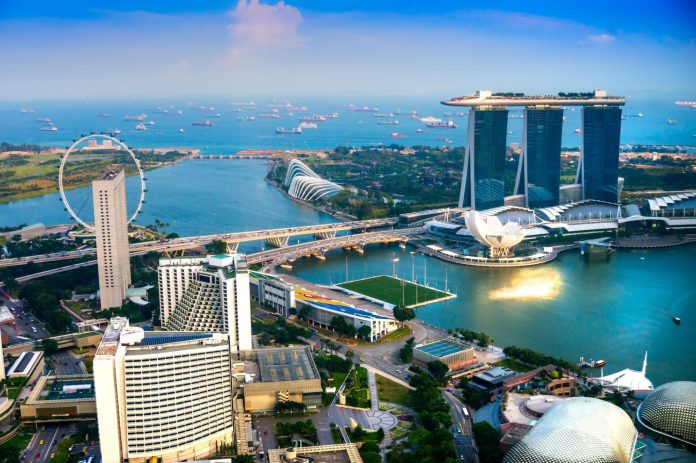Singapore, Helsinki, Zurich top IMD’s 2020 Smart City Index
As COVID-19 swept across the globe last year, many types of workers were forced to shift to a new paradigm that didn’t revolve around keeping regular office hours. Central business districts emptied out, kitchen tables and spare bedrooms were transformed into offices, and so many meetings transitioned to video conferencing platforms that the phrase “Zoom fatigue” quickly entered the lexicon. While new remote workers had many obstacles to navigate, commerce continued raising the question, “Why go back?”
Extending from this, there’s significant discussion around large scale migrations out of high cost of living areas where the office was to lower cost of living places where the remote office clearly can be. It’s a mixed bag on whether more people than usual are leaving cities, less new residents are moving to cities, or if fluctuations are perhaps temporary. But, according to Dell Technologies President of Asia Pacific and Japan Amit Midha, writing in a World Economic Forum blog associated with the recent virtual Global Technology Governance Summit, cities as we know them will persist and so-called “digital cities” are necessary to weather future crises.
Citing United Nations research, MIdha notes that secular trends around urban growth will continue despite the pandemic blip with 68% of the global population living in urban areas by 2050, up more than 10% from the situation today.
Midha lays out the need for city officials “to focus on digital infrastructure to improve quality of life while retaining talent. As we shift from response to recovery, what we have learned through quick pivots, sometimes overnight, is the significance of technology and how vital it is for a city to reinvent and stay relevant. We must take these lessons forward as we reshape the cities of the world to build resilient and future-proof cities that can withstand the toughest of challenges.”
The Institute for Management Development tracks global smart city initiatives, compiling its findings annually in the Smart City Index. In 2020, Singapore, Helsinki and Zurich topped the list as a function of health and safety, mobility, activities, opportunities and governance.
Bruno Lanvin, president of the IMD’s Smart City Observatory, cautioned that lessons learnt from COVID were not fully embedded in the 2020 rankings, “However, it is clear that we are at a critical juncture, where the sanitary crisis is still very much with us, while the economic and social crisis that it will entail has hardly started.” He said successful cities “have been able to combine technologies, leadership and a strong culture of ‘living and acting together’ should be able to better withstand the most damaging effects of such crises.”
Midha gave a four-fold recommendation to municipal leaders pursuing digitalization: “Create the vision and have the right leadership; start small but lay the right foundations; make sure they are engaging with all the stakeholders; [and] recognize the role of citizens.”
“Digital cities are becoming a reality as we speak,” Midha wrote. “The pandemic will not make cities obsolete but instead expedite the pace for change and, as time progresses, what we learn from digital cities and our experience of them will bring huge dividends to all of society.”

